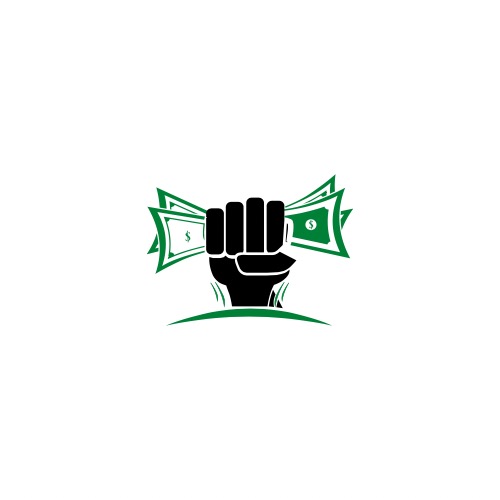There has been a lot of talk about a “cashless” society, but it’s not here yet. In fact, cash
can still be a valuable element of your overall financial picture – if you employ it wisely. But
how?
Consider these four key uses of cash:
• Everyday spending – Of course, you need sufficient cash on hand to pay for your cost
of living – mortgage, debt payments, utilities, groceries, etc. You’ll likely rely on your savings or
checking accounts to pay for these needs.
• Unexpected expenses and emergencies – It’s never a bad idea to establish a monthly
budget. But, as you know, life is unpredictable – and sometimes you may encounter “budget busting” expenses, such as a major home repair or a large medical bill. If you haven’t planned
for these costs, you might be forced to dip into your long-term investments, such as your IRA
and 401(k), which can result in taxes, penalties and less money for your retirement. A better
alternative is to prepare in advance by building an emergency fund containing up to six months’
worth of living expenses in cash, or at least in a highly liquid account, held separately from your
regular checking or savings account so you won’t inadvertently spend the money.
• Short-term savings goal – When you are investing for a long-term goal – especially
retirement – you will likely need to own a reasonable percentage of growth-oriented vehicles,
such as stocks and stock-based mutual funds. The value of these investments will fluctuate, so,
if it’s possible, you’ll want to avoid selling them when their price is down – which may make
them unsuitable for short-term goals. But if you’re aiming for a goal that you want to achieve in
a year or so – a wedding, a long vacation, and so on – you’ll want to be sure a specific amount
of money is there for you when you need it. Consequently, you’ll want to put away cash for this
type of goal, possibly in a short-term savings or investment vehicle that might pay somewhat
higher interest than a regular checking/savings account.
• Source of investment – In regard to your longer-term investment strategy, cash can
play two important roles. First, it can serve as its own asset class, alongside other classes, such
as stocks and fixed-income vehicles. Unlike these other classes – especially stocks and stock based mutual funds – cash won’t fluctuate in value, so it can potentially help lessen the impact
of market volatility on your portfolio. And second, having the cash available in your portfolio
gives you the opportunity to quickly take advantage of other investment opportunities that may
occur. And you may be able to use your existing investments to help replenish the cash in your
portfolio. For example, if you choose to take stock dividends in cash, these dividends can be
“swept” into your brokerage account and held there until you’re ready to invest them. (However,
depending on your comprehensive financial strategy, it may be a good move to simply reinvest
the dividends into the same stocks or stock funds.) Keep in mind that you won’t want your
investment accounts to contain too much cash, as its purchasing power can erode due to
inflation.
By managing your cash efficiently, and putting it to work in different ways, you can gain
some key benefits – and you’ll help yourself to keep moving toward your short- and long-term
goals.
This article is provided by Jeffrey O’Neal, Financial Advisor
Edward Jones
20 N Express St, Paris, AR 72855
479-963-1321
jeffrey.o’[email protected]
edwardjones.com/jeffrey-o’neal
Edward Jones, Member SIPC







